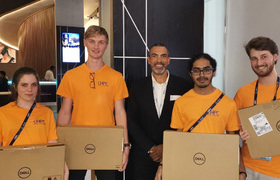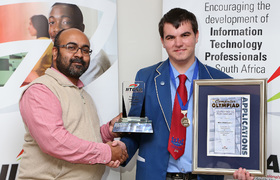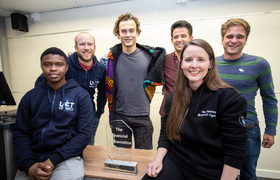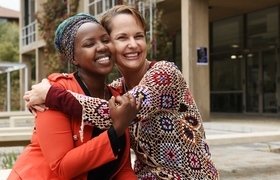Students head to national computing competition final
26 November 2019 | Story Niémah Davids. Photo Alan Hunter. Read time 3 min.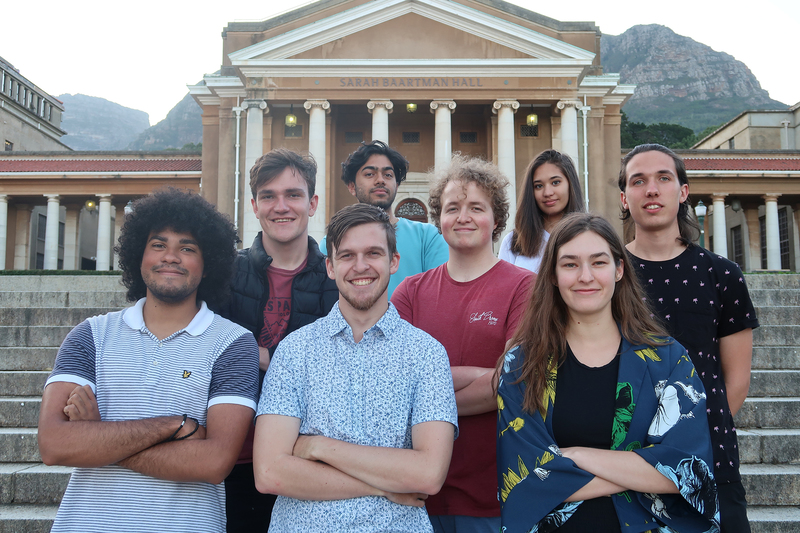
After an outstanding performance during the first round of the Centre for High Performance Computing’s (CHPC) Student Cluster Competition in July, two student-led teams from the University of Cape Town (UCT) are on their way to the national finals.
The A-teams from UCT’S faculties of Science and Engineering & the Built Environment will go head-to-head with 10 squads from qualifying universities during the highly anticipated final. The event kicks off on Sunday, 1 December, in Johannesburg.
The CHPC Student Cluster Competition exposes undergraduate students at South African universities to the high performance computing industry. During the competition, students work on “immensely powerful” supercomputers to build computing clusters that solve various complex problems. The first leg of the event took place during the mid-year winter vacation at the University of Pretoria. Twenty universities participated in the jam-packed five-day programme.
“Surviving the July round took serious dedication and a knack for computer science. The workload was immense and the problems we faced were complicated. [Some] teams gave up on day three or four. But not us,” said team member George Rautenbach.
National final
Each team comprises four students. The ultimate goal – to qualify for the International Student Cluster Competition, which takes place at the Super Computing Summit in Germany next year.
But qualifying for the international competition won’t be easy. Rautenbach said the winning team should be able to solve a large number of computational problems first. These include computing benchmarks, machine learning dataset training, and physics and chemistry simulations. The problem-solving details will only be disclosed on day one of the competition.
In preparation for the national event, Rautenbach said the UCT teams have already researched possible useful software stacks and how best to implement it in a cluster space.
“We are proud to be representing UCT at a national competition. By making a success of this competition, we’ll show not just South Africa but the world that UCT is serious about changing the field of computer science and, more importantly, the international perception of Africa,” he said.
 This work is licensed under a Creative Commons Attribution-NoDerivatives 4.0 International License.
This work is licensed under a Creative Commons Attribution-NoDerivatives 4.0 International License.
Please view the republishing articles page for more information.







